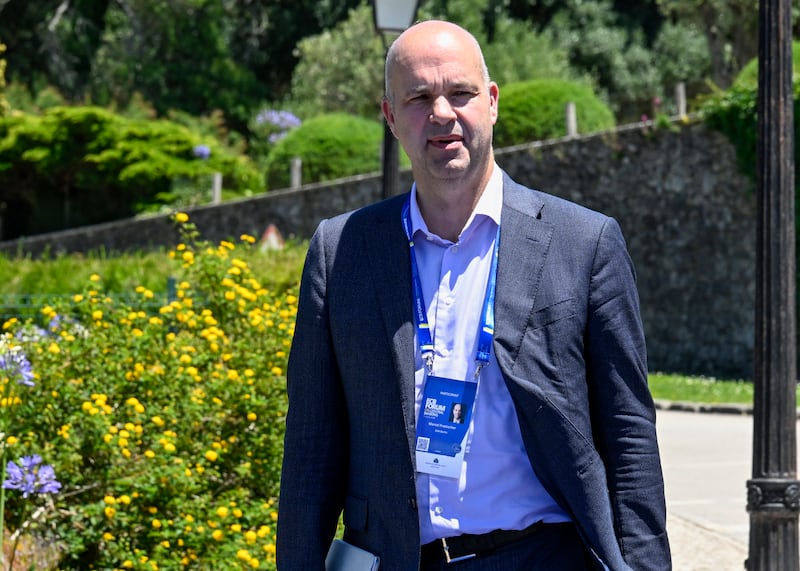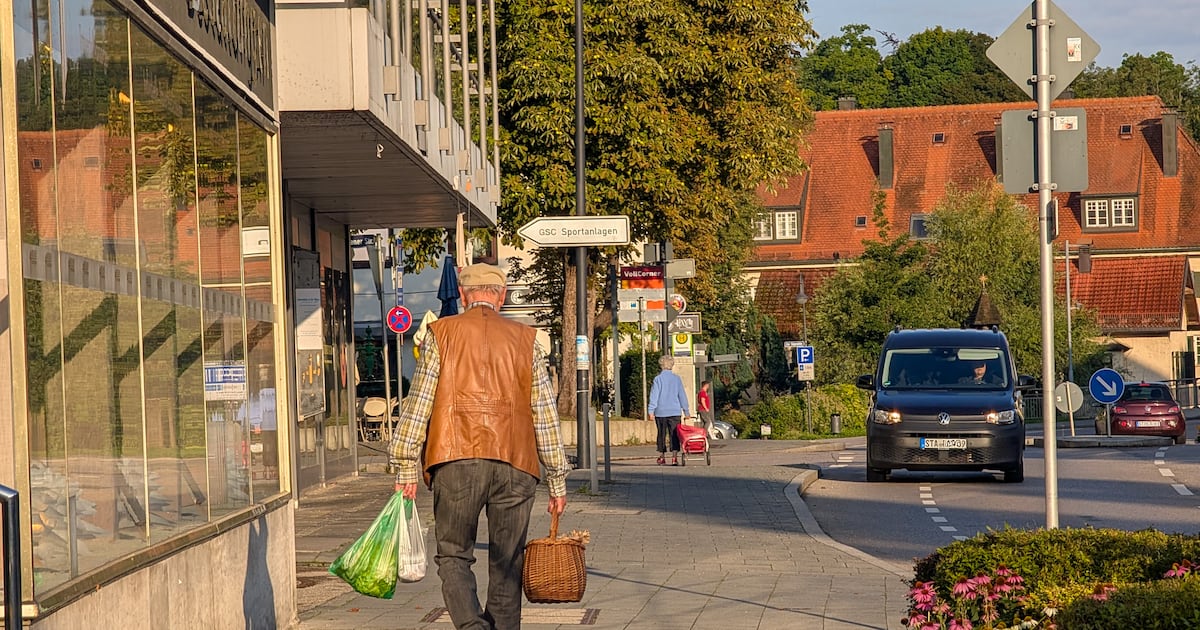Pensioners are Germany’s fastest-growing resource and, as chancellor Friedrich Merz gets down to work with his coalition after the summer break, a row has erupted over how best to tap this grey-headed army.
The centre-right Christian Democratic Union (CDU) has presented plans for a new “active pension”, allowing retirees to return to the workplace and earn up to €2,000 tax-free.
The CDU predicts the plan will provide “a valuable contribution at many levels”: giving retirees meaning in their daily lives while ensuring society “still has access to their valuable wisdom”.
But their centre-left coalition partner, the Social Democratic Party (SPD), is wary of the plan, in particular if it is coupled with a push to increase the retirement age. It was the SPD in the last government of ex-chancellor Olaf Scholz that allowed people to retire on a full pension from 63 if they had accumulated 45 years of pension contributions. The average German retirement age is 64.7 years, but by 2031, rules mean the official retirement age will reach 67.
With people living longer, however, the new “active pension” plan may push the official retirement age as far as 70.
Such political tinkering does little to address the ticking demographic time bomb that, last year, meant Germany’s state pension fund paid out €402.8 billion on income of €402 billion – a shortfall of €800 million.
Given the German state system works on a month-by-month basis – with today’s shrinking pool of workers financing an expanding cohort of pensioners – the future looks grim.
Enter Prof Marcel Fratzscher, economist at Berlin’s DIW economic think tank, who has declared war on the baby boomer generation as selfish beyond measure.
He points to a recent study where 84 per cent of Germans think future generations will have it worse thanks to climate change, debt and an unstable pension system.
“Since the industrial revolution, few generations have robbed their children and grandchildren of so many chances of a good life,” he argues in a new book. “They had few children while [the duration of] their working life did not keep up with rises in life expectancy.”
 Economist Marcel Fratzscher: ‘Since the industrial revolution, few generations have robbed their children and grandchildren of so many chances of a good life.’ Photograph: Getty Images
Economist Marcel Fratzscher: ‘Since the industrial revolution, few generations have robbed their children and grandchildren of so many chances of a good life.’ Photograph: Getty Images
Taken together, he thinks boomers have shattered Germany’s “societal contract”, requiring a new deal between the generations.
Among his remedial proposals: impose on the wealthiest 20-30 per cent of retirees a 4 per cent levy on their monthly pension income and higher wealth taxes.
The economist insists this, rather than tax income, would be the fairest way to top up payments to one in four older Germans who have a monthly pension below €1,300.
His most radical proposal would require all retirees to complete an obligatory year of social service: in hospitals, care homes or elsewhere in Germany’s overstretched welfare system.
“It wouldn’t be a cure-all, nor would it replace the urgently-needed reforms,” he said. “But it would be an important sign of solidarity.”
After initial fury, in particular from those already acting as unpaid babysitters for grandchildren, the idea has gained some support.
In a western Berlin cafe, 79-year-old retired engineer Helmut Metzer says: “More and more people of retirement age are in good health and are living longer. Giving one year back to society isn’t asking too much.”
For 82-year-old Renate Fischer, it’s indefensible for her pensioner peers to think they can “spend 30 years drinking coffee, in the theatre and on cruise ships”.
Many, she adds, “could contribute their experiences and talents for the good of others”.
As the autumn political season kicks off, the only question for German pensioners is how much carrot and how much stick is coming their way.
